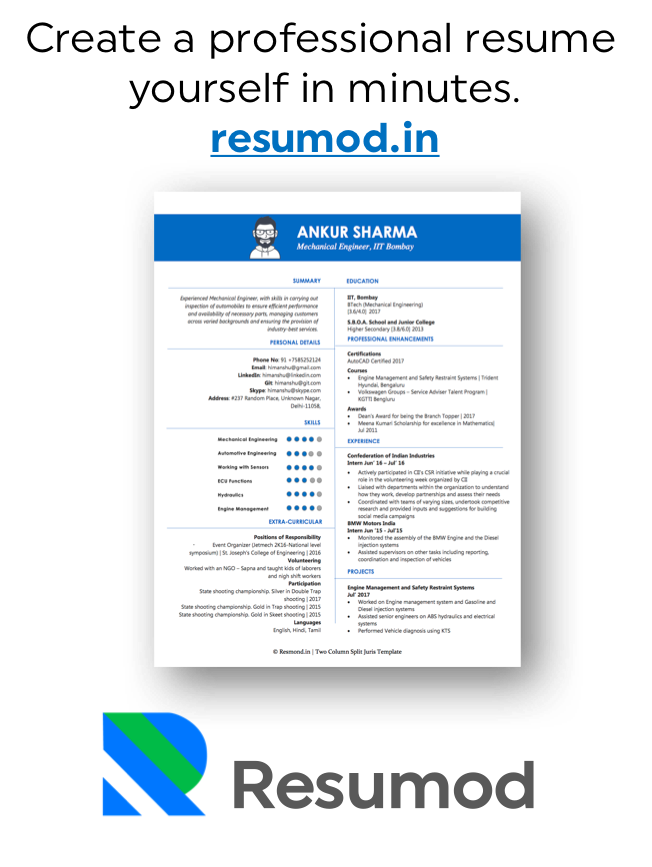The employment market is at a crossroad. On one hand the advent of AI in mainstream jobs has made the market very exciting and new opportunities have started to spring up; on the other hand, we are still in a recessive economy where jobs are limited and salary raises are unheard of. At this juncture, the budget is something everybody has their eyes on as far as the HR community is concerned. The government’s measures at controlling unemployment rates, and ensuring upskilling programs reach the masses so that they are prepared for the coming AI revolution, will be key in restoring the confidence of jobseekers.
Budget 2024 on HR: Union Budget expectations
The government’s role in shaping the trajectory of the job market is pivotal, and the forthcoming budget is a crucial instrument for steering through these challenges. With the overarching goal of controlling unemployment rates and navigating the workforce toward the impending AI revolution, the budget becomes a linchpin in revitalizing the confidence of jobseekers. As the employment landscape undergoes a transformation, the expectations are high for budgetary measures that not only address immediate concerns but also strategically prepare the workforce for the future.
Against this backdrop, Budget 2024 holds significant weight in determining the course of action for the HR sector. The focus of an ideal budget should extend beyond mere economic recovery to encompass comprehensive initiatives, including upskilling programs and policies that foster a conducive environment for job creation and sustained growth.
So what would an ideal budget be focussing on? Let us see.
1. Skill Development Initiatives:
Expectation: Increased budgetary allocation for skill development programs and initiatives.
2. Digital Infrastructure for Remote Work:
Expectation: Investments in digital infrastructure to support remote work and virtual hiring processes, which might include more penetration of fibre optic network and faster internet speed in remote corners.
3. Tax Incentives for Job Creation:
Expectation: Tax incentives or subsidies for companies that create new jobs.
The expectation for tax incentives or subsidies for companies generating new employment opportunities is underpinned by the pressing need to address India’s high unemployment rate, which currently stands at 9% for individuals aged 15 and above. By offering tax benefits, the government can effectively stimulate job creation, providing a crucial impetus for businesses to augment their workforce. Such incentives not only mitigate the unemployment crisis but also act as a catalyst for economic growth. As businesses expand and new jobs emerge, there is a subsequent surge in demand for HR consulting services, making the proposition mutually beneficial for both employers and the job market.
4. Investments in Education and Training:
Expectation: Increased funding / tax rebates for education and training institutions and also HR Tech Start-Ups.
The hope for increased funding or tax rebates for education, training institutions, and HR Tech start-ups is rooted in the essential role of building a skilled workforce for the success of HR consulting firms. Recognizing the critical importance of education and training, additional financial support becomes a catalyst for creating a highly skilled pool of candidates. Furthermore, investing in HR Tech start-ups not only fosters technological advancement but also enables precise matching of skills and opportunities, enhancing the overall efficiency and dynamism of the HR sector. The rationale lies in the mutually beneficial relationship between a skilled workforce and the innovative solutions from HR Tech start-ups, strengthening the industry’s competitive edge.
5. Integration of AI and Automation:
Expectation: Incentives for the adoption of AI and automation in HR processes.
The anticipation for incentives to encourage the integration of AI and automation in HR processes is driven by the tangible advantages these technologies bring. Automation simplifies routine tasks, allowing HR professionals to redirect their focus to the strategic aspects of talent management. Incentives play a pivotal role in fostering the adoption of innovative technologies within the industry. By offering such rewards, there is a heightened motivation for HR entities to incorporate AI and automation, leading to enhanced efficiency and positioning the sector at the forefront of technological advancements.
Conclusion
In summary, the expectations for Budget 2024 in the HR sector reflect pragmatic needs rather than lofty aspirations. Addressing the challenges of a changing employment landscape requires a focused approach, encompassing skill development, digital infrastructure, job creation incentives, and technology adoption. This upcoming budget has the potential to be a catalyst for transformation, instilling confidence in jobseekers and positioning the HR industry as a pivotal player in adapting to the digital era of work. By aligning fiscal measures with the practical demands of today’s workforce, we aim to cultivate a resilient and progressive employment environment in India.




